We have an overabundance of information today.
But do we have an overabundance of wisdom — gleaning rich information and applying it in the right way at the right time?
If the answer feels like a no, which it does to me, why is that the case?
What’s the main source of our information today and through what medium? Well, for most of us, it’s our phone, right?
Information cascading to us through the internet. But there’s just too much. So it’s condensed for us by what’s trending, what’s hot, what people are sharing on social media and the “filter bubbles” that have been created for us.
Information has become algorithms catered to appease us and keep us endlessly clicking throughout our day, all day, every day.
In an article by Trevor Haynes and Rebecca Clements for Harvard, they state that “adults in the US spend an average of 2–4 hours per day tapping, typing, and swiping on their devices—that adds up to over 2,600 daily touches.”
2,600 daily touches!!
“I feel tremendous guilt,” said Chamath Palihapitiya, former VP of User Growth at Facebook to an audience of Stanford students:
“The short-term, dopamine- driven feedback loops that we have created are destroying how society works. No civil discourse, no cooperation, misinformation, mistruth and it’s not an American problem. This is a global problem. It is eroding the core foundations of how people behave by and between each other.”
What do we do? How do we not just find information, but the right information? How do we escape mistruth and misinformation? How do we find wisdom? Here’s some ideas.
4 Strategies to Being Wisely Informed
- Read Good Books
I’m an author of four books, so of course I’m going to start here! Yet, this has been a quality answer for being a more well-informed person since Gutenberg was spinning the wheels on that first printing press.
There are so many good books out there. Not sure where to start? Check out my article on the 27 Must-Read Books for Your Twenties (and far beyond). These books were the most influential to me in my twenties, like Man’s Search for Meaning, Let Your Life Speak, and War of Art.
I also love reading history books because it gives me a context and understanding for where we’ve been and what we’re going through today. There’s so much talk on Twitter every day about how this is the worst things have ever been. Then you read a little history, and realize, no, no it’s not. Every generation has pretty much thought the same thing at times.
2. Meet with People Smarter Than You
For thousands of years, this was the main way information was shared. Through conversations, through mentors, through apprenticeships.
If you didn’t know how to do something, you asked your elders. Now we just ask Google.
We’ve lost the art of asking good questions and listening.
The difference is we ask Google a question based on what we think we already know and it tells us what it knows we want to hear. Or you ask someone smarter than you and they will tell you stuff you didn’t even know that you didn’t know.
It’s information that is nuanced and important.
3. Limit the Negative Noise, Harness the Good
If you’re sick of your main source of information being all the negative or unimportant headlines that are trending on Twitter, try a new source.
One current news source option that I’ve come to enjoy is The Pour Over. It’s a quick, curated news update sent to you of what’s going on in the world, but shared also from a faith perspective. So there’s uplifting commentary and context amidst today’s headlines. I’ve been enjoying staying up-to-date this way. Have you tried The Pour Over or do you have other alternative news outlets you enjoy? I’d love to hear about them in the comments below.
4. Be Okay with Silence
Sometimes the best source of information is not taking in any information at all.
Silence speaks to your well-being, not your well-doing.
Sometimes you just need to refresh yourself before you wreck yourself.
Or as I write in 25 Lies Twentysomethings Need to Stop Believing:
“Don’t fill yourself with your feed. We used to live annoyed by distractions. Now, too often, we live for them.
Your soul has a lot to tell you if you will listen to it.
The details of your day have a lot to speak to you if you will pay attention to them.
Maybe we’re not having any breakthrough ideas in our lives because we’re not giving ourselves any space to think. ”
What do you think?
Do you think we’re thinking on our own? Or are we letting social media and the Internet do the thinking for us?
Do you have other strategies or ideas for taking in the right kind of information? Share your thoughts below and let’s talk about this.
This post was adapted from 25 Lies Twentysomethings Need to Stop Believing

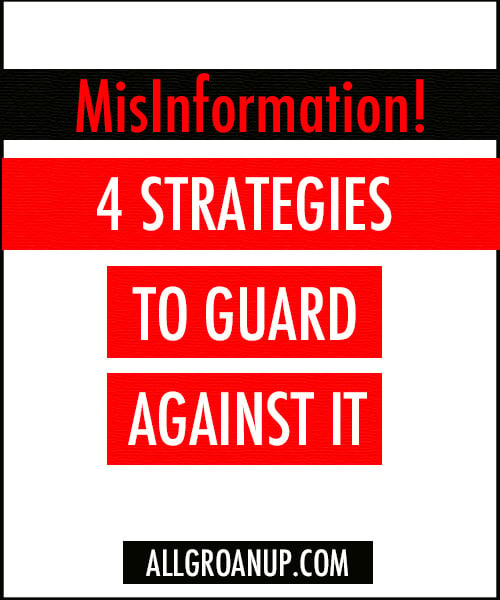


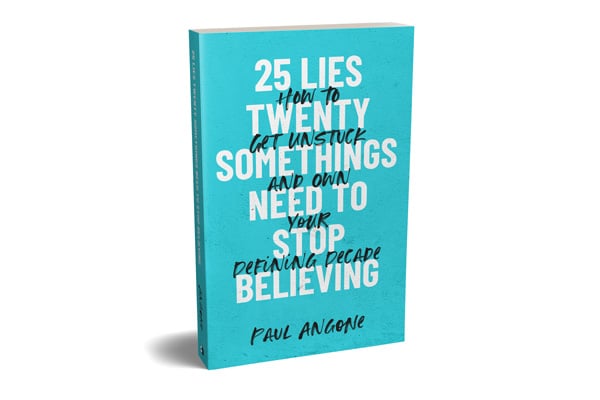
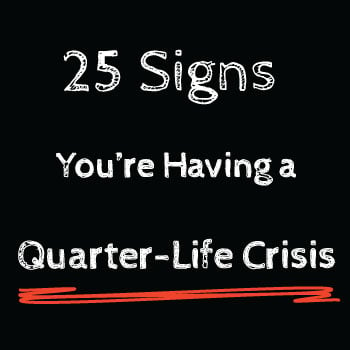
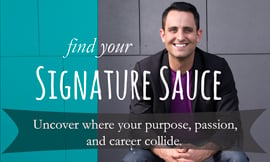
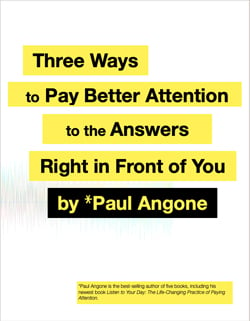
I just want the whole world to know about this spell caster I met
two weeks ago, I cannot say everything he has done for me my wife
left me 3 years ago left with my kids I was going through online
when I meant this wonderful man’s testimony online I decided to
give it a try and my wife is back to me now and we are happily
married again cause is too much to put in writing all I can say is
thank you very much am very happy Contact him today on
https://www.facebook.com/Dr-odion-spell-temple-110513923938220/
I like studying psychology, and studying “cognitive biases,” helps a lot in understanding misinformation. It’s a psychological study on the unconscious biases we make that is unhelpful to our decision making. You can look up some common ones or you can look up for dozens of them in a longer list of some kind. A similar idea is studying logical fallacies used in debate, which are common flawed arguments. I think the most common one is people thinking that insulting someone is the same as actually offering reasons or proof in arguments, which doesn’t make sense. Another common mistake is that people just state a belief without providing a reason, which happens all the time, yet people believe them? Also, the most common one is confirmation bias, which is where you only listen to one side of the argument, instead of looking at all the sides of the argument fairly. These basjc ones may sound dumb, but people online seem to do it all the time without most people noticing.
Also, a lot of dangerous emotional manipulation can happen in misinformation too. Search “signs of gaslighting,’ to see if someone is trying to manipulate you through information online, or maybe “how to tell if someone is lying,” has a lot of info online too. You can also look up “types of abuse,” or “signs of abuse,” in case someone is trying this online as well.
Good luck, everyone.
BEST ONLINE SPELL CASTER @ WHATSAPP +2349161779461
how i won a lottery with the help of a spell caster +2348136482342
dr Ose has put a smile on my face again thank you for making my dreams come through money was my biggest problem until I contacted dr Ose for lottery spell/ money spell ever since i have been enjoying my life thank you https://drosetemple.com